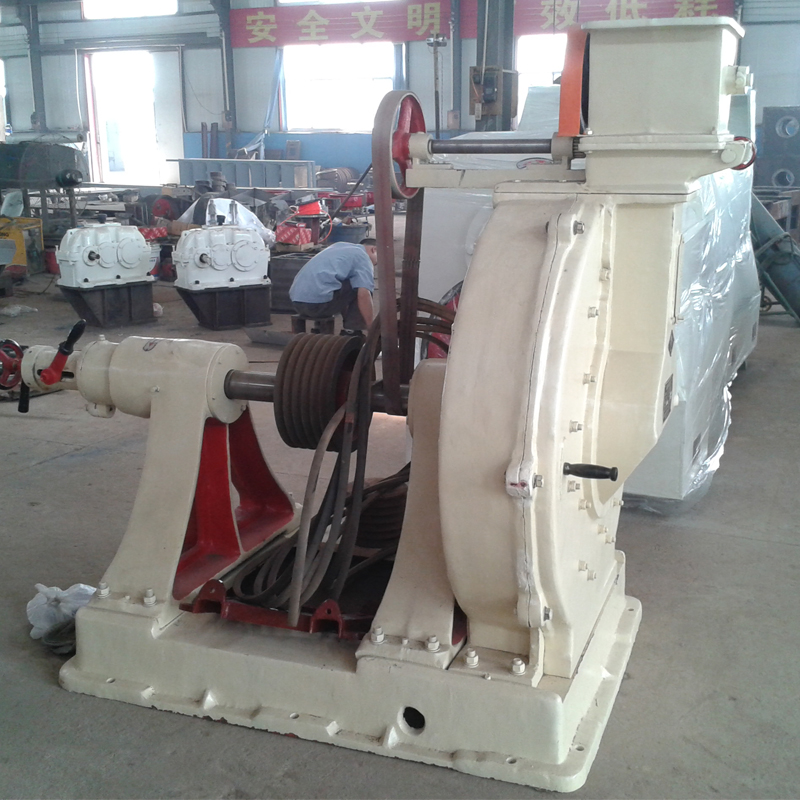Nov . 17, 2024 12:53 Back to list
vegetable oil factory product
The Role of Vegetable Oil Factories in Modern Agriculture and Sustainability
In recent decades, the demand for vegetable oils has surged, driven by the growing global population, increasing health awareness, and the rising trend of vegetarianism and veganism. Vegetable oil factories play a vital role in this landscape, transforming raw agricultural produce into refined oils that are essential ingredients in cooking, food processing, and industrial applications. This article explores the significance of vegetable oil factories, their processes, and their impacts on sustainability.
The Importance of Vegetable Oils
Vegetable oils, derived from seeds, nuts, and fruits, are rich in essential fatty acids and are a primary source of energy for millions of people. Unlike animal fats, vegetable oils typically contain unsaturated fats, which are considered healthier for consumption as they can reduce cholesterol levels and lower the risk of heart disease. Common types of vegetable oils include soybean oil, palm oil, canola oil, sunflower oil, and olive oil, each with distinct properties and uses.
The Production Process
The process of turning raw vegetables into oil involves several steps, including seed cleaning, mechanical pressing, solvent extraction, refining, and packaging
.1. Seed Cleaning The first stage ensures that the seeds are free from contaminants like dirt, stones, and other seeds. This step is crucial as impurities can affect the final quality of the oil.
2. Mechanical Pressing Seeds are then subjected to mechanical pressing. This method involves crushing the seeds to release oil. While this yields crude oil, it retains some nutritional benefits, making it a popular method for producing high-quality oils without chemical additives.
3. Solvent Extraction For higher oil yield, factories often use a solvent, typically hexane, to extract residual oil from the pressed seeds. This method can significantly increase the efficiency of oil extraction.
4. Refining The extracted oil undergoes several refining processes to remove impurities, free fatty acids, and odors. This includes degumming, neutralizing, bleaching, and deodorizing. The refining process is essential for enhancing oil quality, stability, and shelf life.
vegetable oil factory product

5. Packaging Finally, the refined oil is packaged in various forms, ready for distribution to consumers and businesses alike.
Economic and Social Impacts
Vegetable oil factories contribute significantly to the economy, particularly in agricultural regions. They create jobs, support local farmers by providing a market for their produce, and stimulate rural development. Additionally, they support the agro-industrial sector, providing raw materials for food manufacturing and other industries.
However, the operation of vegetable oil factories is not without challenges, particularly in terms of environmental impact. The cultivation of oilseed crops, such as palm oil, has been linked to deforestation, loss of biodiversity, and greenhouse gas emissions. Consequently, many consumers and organizations advocate for sustainable oil production practices.
Toward Sustainable Practices
In response to these concerns, many vegetable oil factories are shifting towards sustainable practices. This includes sourcing raw materials from certified sustainable farms, implementing eco-friendly production processes, and investing in technology to reduce waste and emissions. Some companies are also focusing on alternative sources of vegetable oils, such as algae or waste products, to lessen the strain on traditional agricultural systems.
The shift towards sustainability in the vegetable oil industry is crucial not only for the health of the planet but also for food security. By promoting responsible farming and manufacturing practices, vegetable oil factories can help mitigate climate change and preserve biodiversity while still meeting the growing global demand for vegetable oils.
Conclusion
The role of vegetable oil factories in modern agriculture is multifaceted, influencing economics, health, and sustainability. As the world continues to navigate the challenges of food production and environmental impact, these factories stand at the forefront of innovation and change. By adopting sustainable practices, they can contribute significantly to a more sustainable future, ensuring that vegetable oils remain a vital part of our diets without compromising the health of our planet. Through continued research, investment, and a commitment to ethical practices, the vegetable oil industry can thrive while promoting global well-being.
-
Oil Processing Equipment - High-Efficiency Flaking Machine
NewsJul.25,2025
-
High-Efficiency Peanut Oil Refined Machine for Quality Oil Production Leading Exporters & Companies
NewsJul.08,2025
-
High Efficiency Sunflower Seed Oil Press – Leading Cooking Oil Press Machine Factories & Suppliers
NewsJul.08,2025
-
High-Efficiency Soybean Oil Press Machine – Leading Exporters & Reliable Companies
NewsJul.07,2025
-
High-Efficiency Seed to Oil Extractor – Reliable Extraction Machinery for Your Business
NewsJul.07,2025
-
High-Quality Pressing Screw of Oil Expeller for Efficient Oil Extraction Leading Exporters & Manufacturers
NewsJul.06,2025
